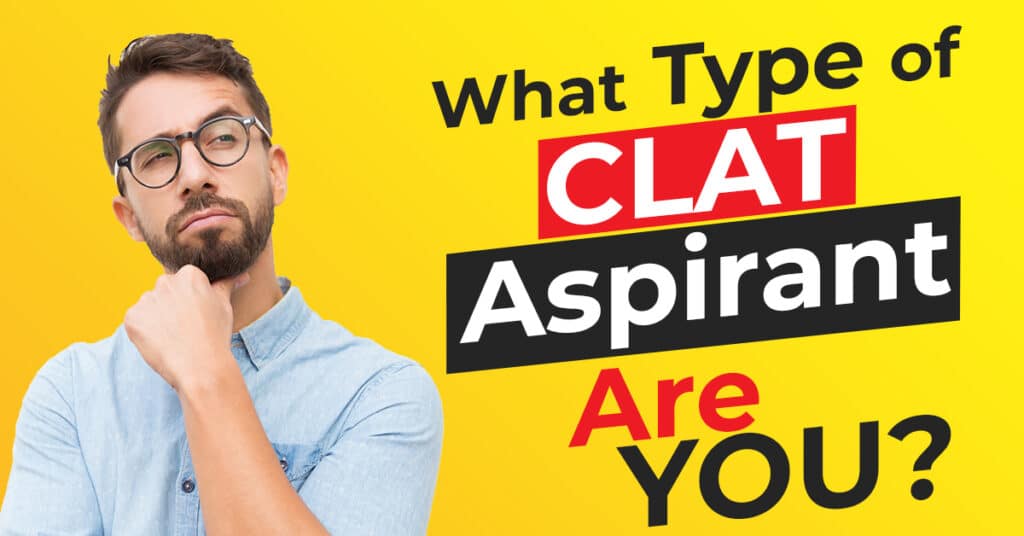
UNVEILING THE 5 FUNDAMENTAL RIGHTS:A CLAT ASPIRANT MUST KNOW
A nation’s students are its most potent and crucial resource for improved growth. A nation’s future is built by its students. Despite how vital they are, students can become the victim of abuse and rights violations.
It is important that all students, especially those in college as well as CLAT Coaching institutes, are aware of their legal rights. There are different significant rules in the Indian constitution that every student should be aware of, even if there are no unique rights or provisions that are only meant for students in India.
Therefore, the basic laws of India must be comprehended if you are using CLAT courses to prepare for a law entrance examination. After you graduate, you will study every law in depth, but first, let’s review some of the most important laws in India’s current legal system.
5 Major Fundamental Rights: Important for CLAT Aspirants
The Fundamental Right of “RIGHT TO EQUALITY”
- The title of this right should go without saying. All Indian citizens are entitled to the right to equality under the virtue of Article 14 of the Indian Constitution.
- It asserts that everyone is created equal in the eyes of the law. It is forbidden for anyone to be prejudiced against someone because of their untouchability, sex, race, faith, caste, place of birth, or title.
- It is illegal for any state to discriminate against its citizens when it comes to offering them new job opportunities or appointments to public office. The elimination of titles and untouchability is another aspect of the Right to Equality.
- In short, these fundamental rights state that all citizens should get equal treatment under the law. More in-depth information on this may have been included in your CLAT study guides.
The Fundamental Right of “RIGHT TO INFORMATION”
- The Indian Parliament approved the Right to Information (RTI) Act, which grants all Indian citizens the fundamental right to information. On June 15, 2005, Parliament passed the Right to Information Act, which became fully operative on October 12, 2005.
- Any Indian citizen may seek details from any public authority under the RTI Act, and the authority is required to respond as soon as possible or within thirty days.
- The governmental agencies keep electronic records of the most sought information in order to offer information with the least amount of work. Individuals can easily look up this information online without contacting any government agencies.
The Fundamental Right of “RIGHT TO EDUCATION”
- In India, this is one of the most well-known fundamental rights. Everyone is entitled to go get their own education. For primary school children, at the very least, it ought to be free of charge.
- Elementary education is required by law. Furthermore, every student pursuing higher education shall have access to technical and professional education, according to the Indian Constitution.
- Developing the citizen and having respect for human freedom and rights should be the goals of enabling education. According to the Right to Education, education should also have an impact on religious organizations, international goodwill and understanding, and UN peacekeeping efforts.
The Fundamental Right of “RIGHT TOLIFE”
- Article 21 of the Indian Constitution (Right to Life) states that no one, not even the Government, has the right to take your life. This law requires the government to create laws that protect you and to take the necessary actions to preserve life.
- The right to life likewise calls for the government to act appropriately to keep you safe in the event that your life is in danger.
- When making choices that could endanger your life or shorten it, public authorities ought to take your right to life into account.
- The right to life is mostly discussed by various CLAT Coaching institutes and contested in relation to abortion, homicide, war, brutality by police, animal rights, and the death penalty, among other issues. The legislation states that a child who is not yet born has the right to life, even in regard to abortion. You need to be fully informed about this law in order to prepare for the CLAT.
The Fundamental Right of “RIGHT AGAINST EXPLOITATION”
- This fundamental legislation or right seeks to prevent exploitation of the labor force or the work itself.
- The Right Against Exploitation prohibits a variety of practices such as forced labor, human trafficking, and working for no pay. It also applies when minors under the age of 14 are forced to labor in mines, factories, or other high-skilled occupations.
- More specifically, this law protects against forced labor and preserves an individual’s dignity.
Understanding India’s fundamental rights is essential for thorough preparation, as is taking CLAT Coaching online courses and putting in a lot of practice with the mock exams. Every citizen of the nation is subject to these fundamental laws, which law students should be well aware of.



